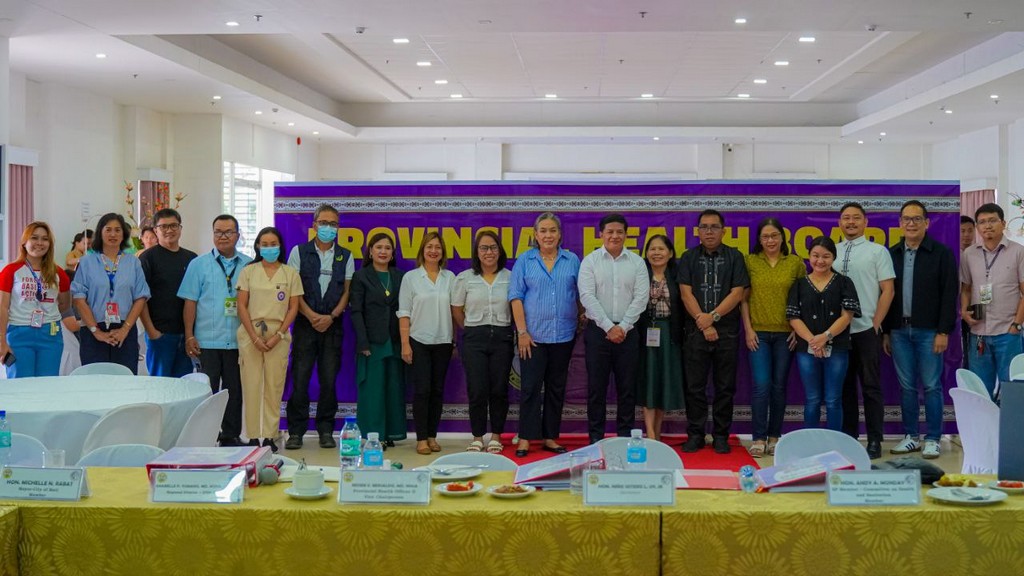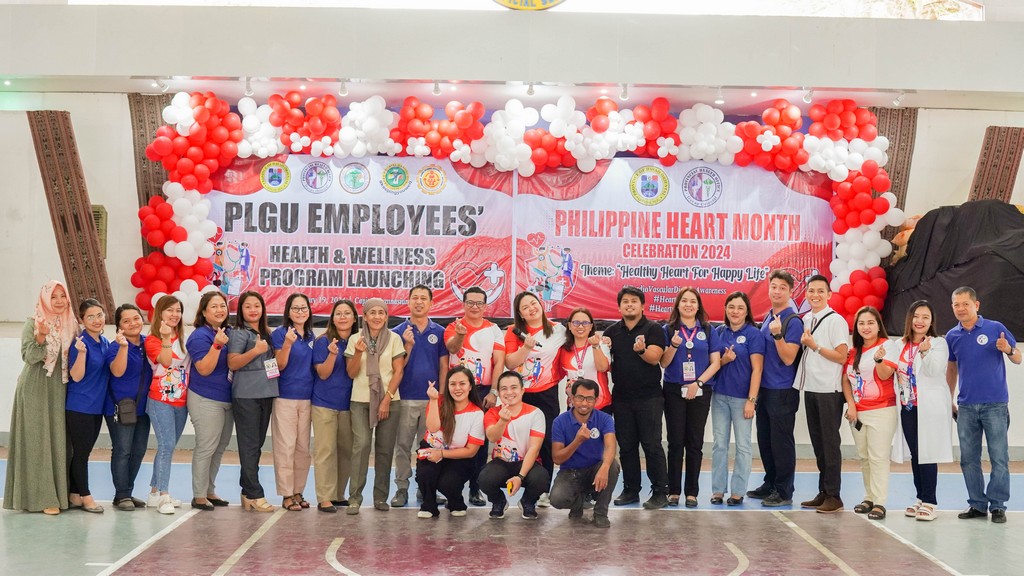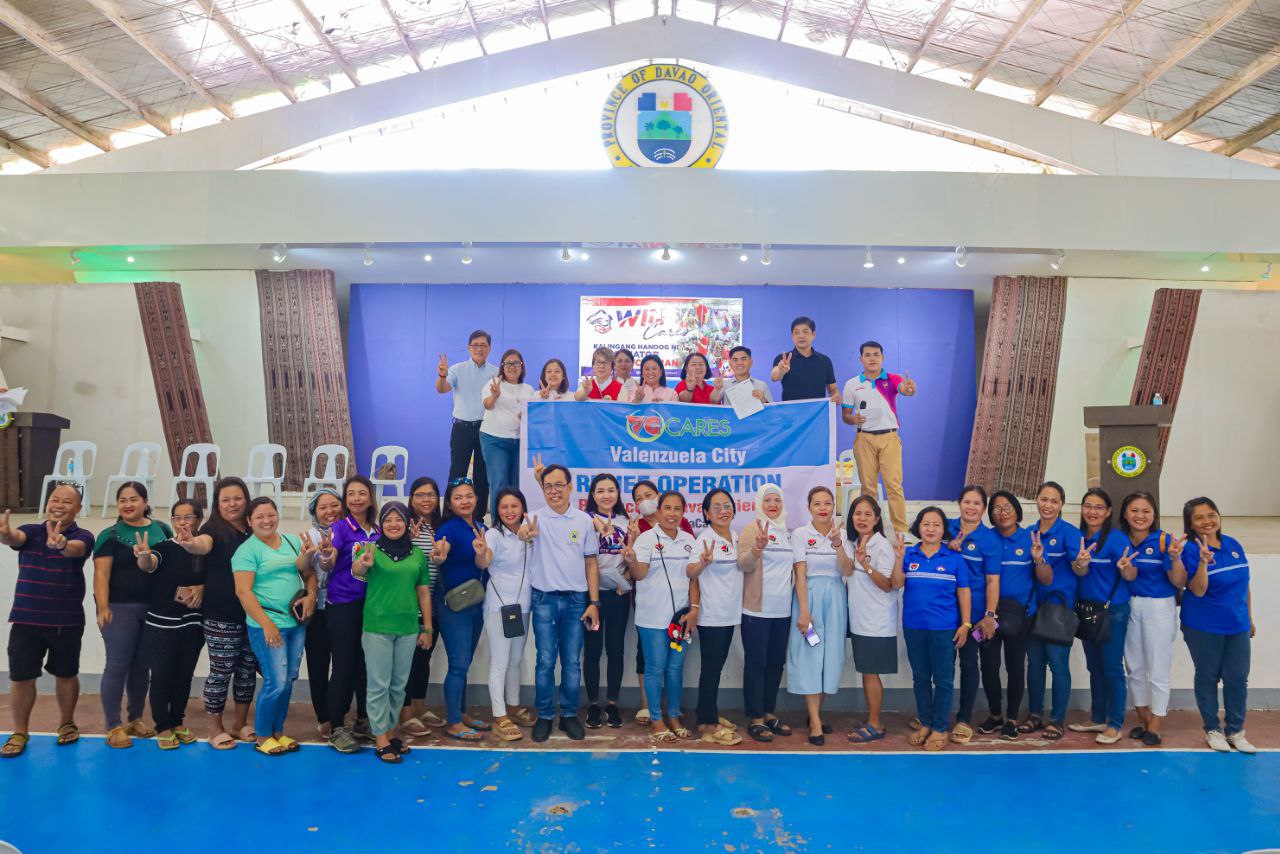DAVAO ORIENTAL – The province of Davao Oriental has already begun rolling out risk-based testing for coronavirus among its target population.
Since last week, a total of 169 individuals have already been tested under the province’s ongoing risk-testing – 48 of which are frontline health workers while 127 are Persons Under Monitoring who include stranded individuals from Davao City rescued by the province’s Oplan Sundo. Of these 48 frontline workers, 37 have tested negative while the rest are still awaiting results as of Saturday. Meanwhile, out of the 127 PUMs, 4 have tested negative while results for the remaining 123 have yet to arrive.

On the other hand, testing for COVID suspects were done even before the roll-out of the risk-based testing. Out of the 61 suspects, 44 have tested negative while the rest are still awaiting results.
Provincial Task Force on COVID-19 Action Officer Dr. Reden Bersaldo emphasized the urgency of conducting the risk-based testing as it is the only way that the province can say for sure that it is definitely free from the coronavirus. “Until then, we cannot afford to let our guards down,” he said.
Around 11,000 sets of RT-PCR test kits and 16,000 sets of personal protective equipment (PPEs) for health personnel have been purchased by the province purposely for the risk-based testing. Most of these were already distributed to the Local Government Units in the municipalities and city who have also started to procure their own test kits and PPEs.

Dr. Bersaldo underscored that the province is making use of the RT-PCR or reverse transcription-polymerase chain reaction test kits as it is considered as the “gold standard” for testing coronavirus and is more accurate than the rapid test kits.
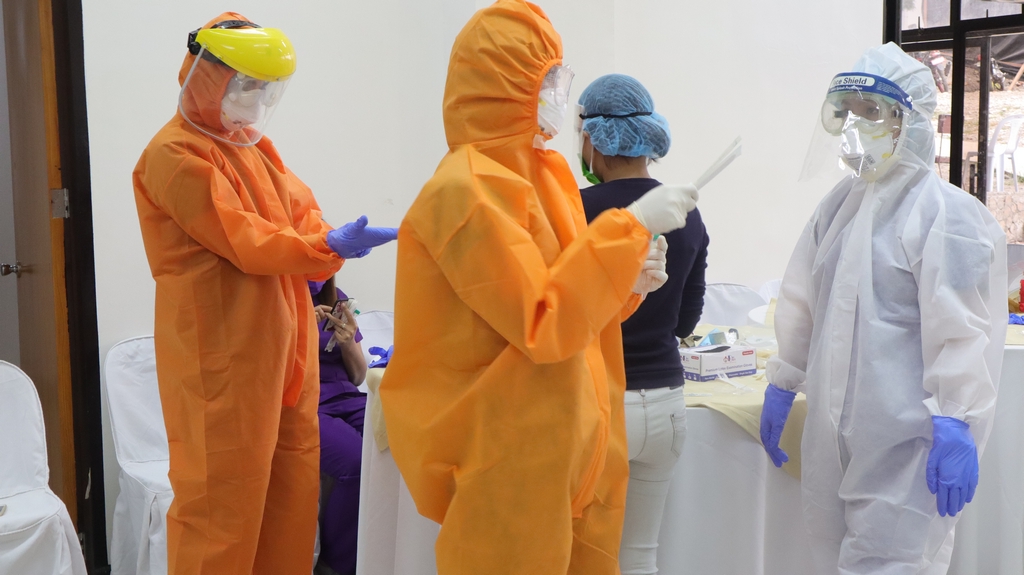
Moreover, healthcare personnel, mostly nurses and medical technologists of the city and municipal health offices were trained to perform the swab testing to augment a handful of available trained personnel in the province. “With this, the province would just provide the test kits and PPEs to the LGUs for them to do the swab testing themselves,” said Dr. Bersaldo, noting that the ongoing risk testing is a collaborative effort between the provincial government and the local government units in the city and municipalities.
Priority Groups and Procedures
Ensuring the organized conduct of the risk testing and catering to individuals who are most at risk to contract the virus, the Provincial Task Force on COVID-19 is doing the test based on priority groups.
Dr. Bersaldo said that there is a need to prioritize high-risk individuals and vulnerable groups in COVID-19 testing since the supply of RT-PCR kits is limited and there is only one subnational laboratory that caters to the whole region which is the Southern Philippines Medical Center in Davao City.
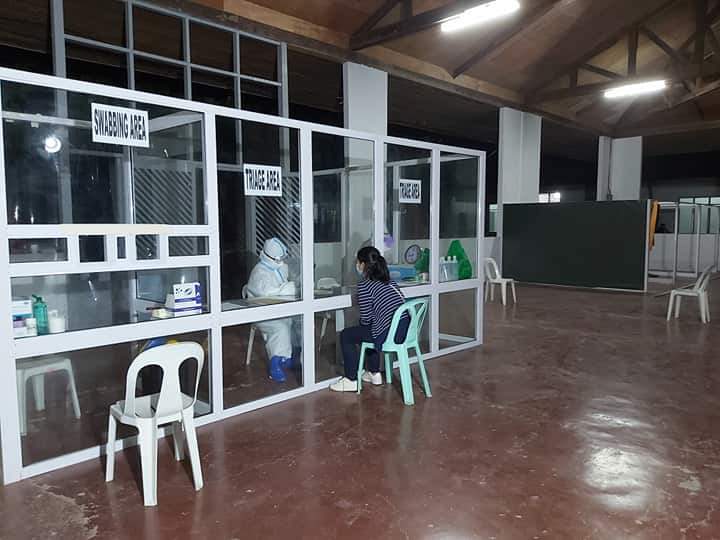
Based on Governor Nelson Dayanghirang’s Executive Order 20 which is in reference to the Department of Health-issued Memorandum Circular No. 2020-0184 otherwise known as Revised Interim Guidelines on Risk Testing, the province has grouped these individuals based on risk. These are:
- Group A consisting of the COVID suspects who have the signs and symptoms and have a travel history to areas with community transmission and/or exposure to a confirmed COVID 19 case;
- Group B or Individuals who have travel and/or exposure history who are sixty (60) years old and above, high risk pregnant patients and those with comorbidities;
- Group C or Health workers manning the COVID 19 triage, emergency room personnel, medical officers of hospitals and other health facilities, surveillance officers, healthcare personnel who will do the swab testing, transport officer of COVID 19 ambulance/vehicles and others as may be identified by the Provincial Health Office and Provincial Task Force;
- Group D or the Oplan sundo Recipients. This includes all individuals rescued through the government-initiated Oplan Sundo Program, regardless of their classification; and
- Group E or Skeleton workforce employees and other individuals who come from areas with community transmission who frequently travel in and out of the province.
Dr. Bersaldo also stressed the need to subject to risk-testing those who were rescued by the Oplan Sundo coming from Davao City. “We have to make sure that none of them are carriers of the virus,” he said, noting that these individuals were immediately subjected to swab testing after they have disembarked from the vehicles and before they are sent to their respective municipality or city’s quarantine centers, or in some instances to their homes, for a 14-day quarantine.
However, when the negative results arrive, usually within 3-5 days after testing, these individuals are immediately sent home to make way for another batch of individuals to be rescued, tested and quarantined. “If and when there is a person who will turn out positive, he or she will immediately be sent to the Davao Regional Medical Center in Tagum City for treatment,” he said, noting that the practice of social distancing and health protocols implemented in the Oplan Sundo assures the risk of spreading the virus is minimized.

“It’s the very reason why it is only through the Oplan Sundo that people are allowed to enter the province,” he said, referring to the health protocols, system, including the monitoring and surveillance being implemented in the Oplan Sundo Program. The risk testing is expected to run beyond the period of the General Community Quarantine when the regional lockdown is lifted and airport operations resumes. “We will use the remaining test kits to test those who will be coming in to the province,” said Dr. Bersaldo. By Karen Lou Deloso


